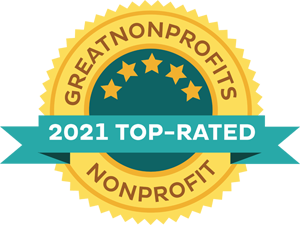About ConnecTeach, Inc.
What is a child’s education really worth? More than merely preparing a child for a career, can education be the driver of change in addressing poverty, conflict, gender inequity, and community well-being? By connecting sustainability, inclusiveness and societal relevance to the teaching process, we believe that education can have a transformational power. Education with an emphasis on solving problems that are relevant to the community itself—poverty, gender inequity, violence, and community health and well-being—emerges as the means to establish a strong, virtuous, and self-sustaining cycle. The next generation, armed with the skills to address critical problems in their own communities, are not only the heart of an effective educational system for future generations, but are also the best equipped to break down barriers to progress. ConnecTeach focuses on empowering teachers, and through them, their students, in the world’s poorest communities to not only improve the quality of education in their schools but also to build their potential as leaders and change makers in their own communities.
Why ConnecTeach Matters
The crisis in education amongst the world’s poor is daunting. According to the UNESCO Institute for Statistics, between 2010 and 2013, the number of children who are not in primary school rose by 2.4 million globally. In the same period, the total number of children between the ages of 6 and 15 not in school rose from 122 million to 124 million. And of those in school, 38% are not learning basic reading and numeracy skills. The forecast for the gap in universal lower secondary education funding is estimated to be $22 billion. This number will grow to $39 billion if universal upper secondary education is to be achieved by 2030. Yet total investment, including aid, is declining, causing the gap to grow in both quantity and quality. Remaining on the current path will likely result in systemic failure. If education is not positioned as a powerful driver of change, the proportion of out-of-school children will grow, the skills taught in school will be inadequate and irrelevant, and the efficiency and effectiveness of each dollar spent will decline.
The problem might be daunting and complex. The solution is simple: Invest in education as the driver of change. Invest in the next generation for a better world. We do. Why don’t you join us?
Last modified: November 15, 2020

